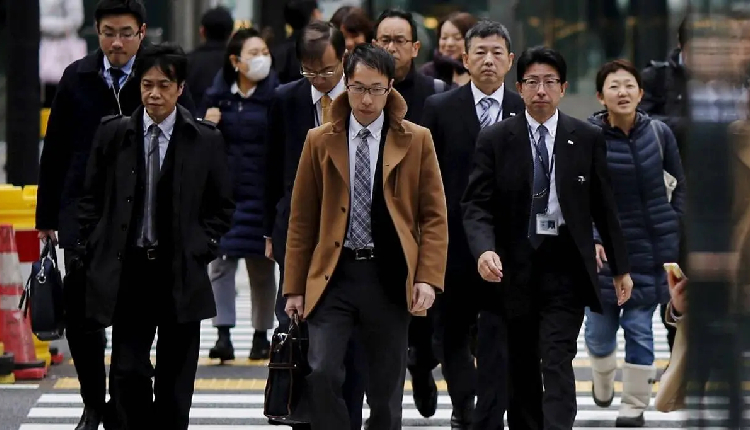Japan’s inflation-adjusted real wages fell for the 25th consecutive month in April, declining by 0.7 per cent year-on-year, Reuters reported on Wednesday citing data from the labour ministry.
However, this rate of decline was slower than the preceding month’s 2.1 per cent drop. Notably, stubborn inflation outpaced nominal wages, contributing to the negative trend.
This extended the record streak of negative real wage growth, surpassing the previous record of 23 consecutive months set during the 2007-2009 global financial crisis.
On a positive note, scheduled cash earnings rose by 2.3 per cent year-on-year in April, matching the previous high seen in October 1994. Despite this, the challenge remains to bring real wages into positive territories as costs continue to rise.
Major Japanese firms offered salary increases exceeding 5 per cent this year, a level not seen in three decades. A labour ministry official expects these base pay gains to trickle down to employees of smaller firms as well.
However, these wage increases haven’t kept pace with rising living costs. Policymakers face the ongoing challenge of getting companies to boost real wages into positive territory.
Some economists cautiously predict a potential turnaround for real wages sometime during the current 2024/2025 fiscal year, but uncertainty remains high.
While real wages declined, nominal wages, representing the average total cash earnings per worker, grew 2.1 per cent to 296,884 yen ($1,913.28) in April. This is an acceleration from the previous month’s 1.0 per cent growth and marks the fastest pace in 10 months.


